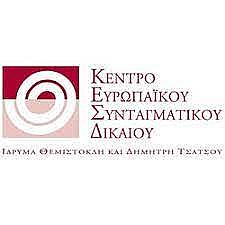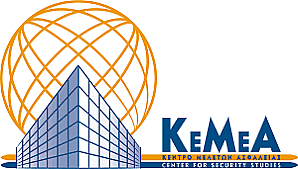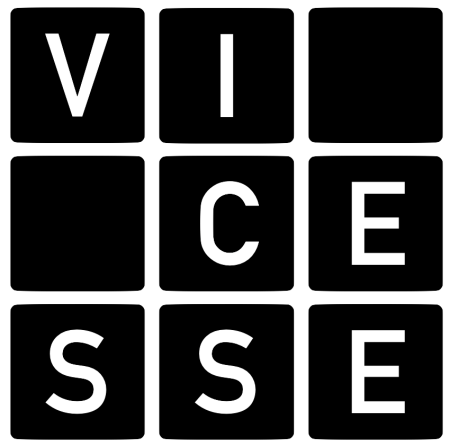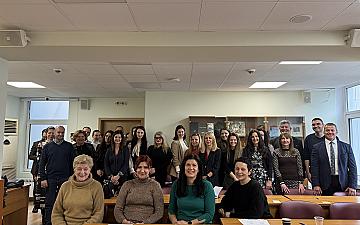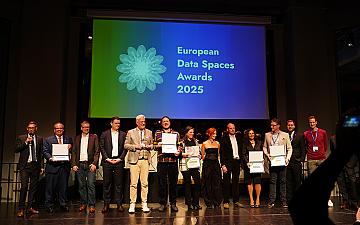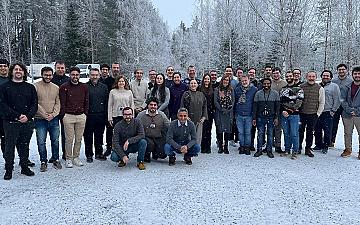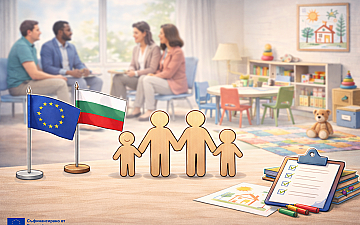Crossing borders for effective police investigation to protect female victims of sex trafficking and enhance accountability mechanisms (A4)
Projects / Completed
Acronym: А4
Period: March 2021 - August 2023
Status: Finished
Description
A4 is 24-month project aimed at improving the effectiveness of police investigations of female victims of sex trafficking. Greek northern borders are one of the main Europe’s backdoors for sex traffickers, while Greece has been convicted twice for violating the Art. 4 of the ECHR in cases of sexually exploited women victims of THB. The A4 Project builds upon the Convictions under the Art. 4 aiming to enhance perpetrators’ accountability for the protection of women/girls victims of sex trafficking through a police-led resilient mechanism in the EU south-eastern border, built on a border crossing alliance (Bulgaria-Greece) constructively interconnected with an interregional safety net (5 Northern Greek Border Regions) and advanced from the acquired knowledge of a central European country (Austria).
Main outcomes / outputs and activities:
- Identified gaps on police investigation reproducing a non-punishment habitat for perpetrators through comparative analysis;
- Case file research and 5 focus groups with 60 key informants;
- Developed multidisciplinary investigational skills of 162 LEAs following a peer-to-peer training methodology through 16 cognitive-based seminars;
- 32 experiential and 16 context-based workshops;
- Engaged 110 trained LEAs, Police Commanders, lawyers, border guards, custom and passport control officers in 7 pilot Joint Investigation Teams through 28 consultation meetings, 3 cross-border workshops, 1 study visit and 14 psychosocial group sessions;
- Assessed 30 LEAs’ behavioral change;
- Exchanged knowledge between 60 national/EU policymakers, CSOs’ actors, representatives of police/judicial authorities and National Referral Mechanisms through 4 transferability and 1 Policy Workshops;
- Raised public awareness through the final conference and platforms of discussions;
- Safeguarded Art.4 ECHR;
- Secured conviction of perpetrators;
- Promoted non-liability of female victims; empowered victims to redress;
- Destabilized gender stereotypes;
- Fostered secure societies.
The project is implemented with the support of the ISFP of the European Commission under Grant Agreement № 101021832.


